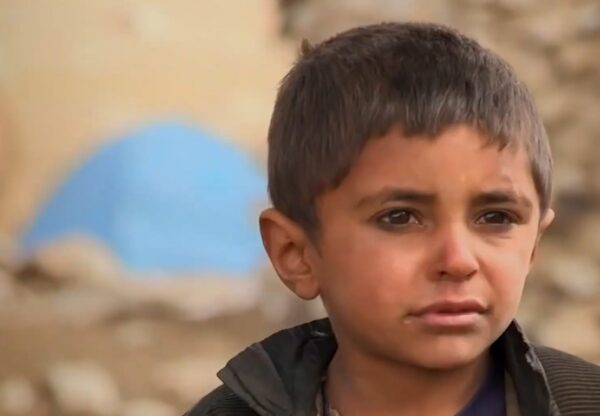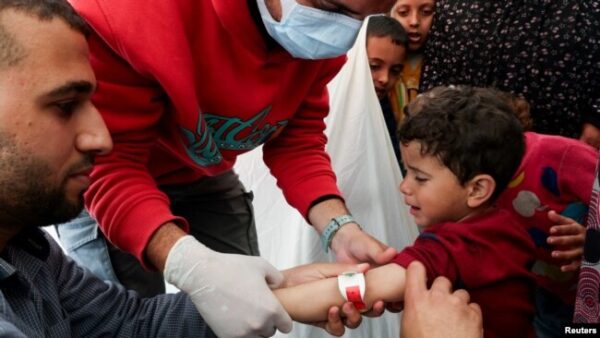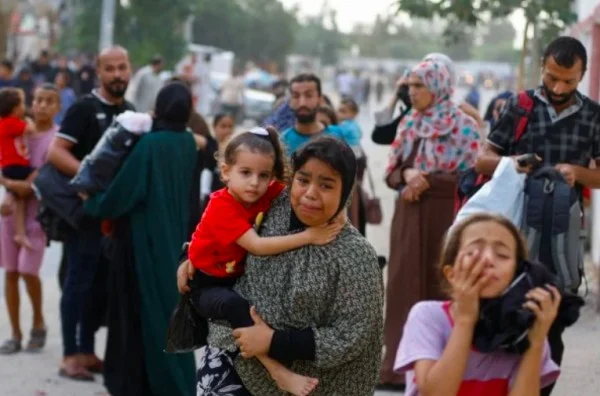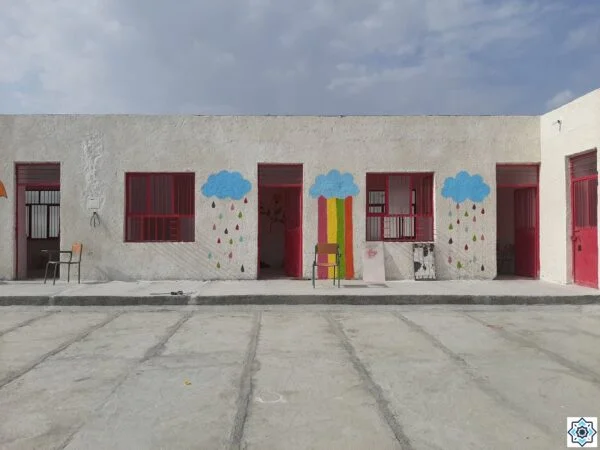Donating bitcoin to Imam Hussain holy shrines is a way for individuals to support the preservation and maintenance of one of the most important sites in the world for Shia Muslims. The shrines, located in the city of Karbala in Iraq, commemorate the life and legacy of Imam Hussain, the grandson of the Prophet Muhammad, who was killed in a battle there in 680 AD. The shrines are considered sacred by millions of Muslims around the world and are a site of pilgrimage for many who seek to pay homage to Imam Hussain and to strengthen their faith.
The maintenance and preservation of the shrines is a significant responsibility, and donations from individuals and organizations around the world are essential in order to keep the site in good condition and to provide for the needs of visitors and pilgrims. Donating bitcoin to the shrines provides a convenient and secure way for individuals to make contributions, regardless of their location or the state of the global economy.
The use of bitcoin for donations also offers a number of advantages over traditional methods of giving. For example, bitcoin transactions are secure, transparent, and fast, making it possible for individuals to donate quickly and easily. In addition, bitcoin is a decentralized form of currency, which means that it is not controlled by any government or financial institution, providing greater security and privacy for those who use it.
Another advantage of donating bitcoin to the shrines is that it provides a way for individuals to support the cause without the need for a middleman or intermediary. This reduces the risk of fraud or mismanagement, as well as the costs associated with traditional methods of giving, such as bank fees and currency conversion charges.
Despite these advantages, it is important for individuals to carefully consider their donations and to research the organization or cause they wish to support. It is also important to understand the potential risks associated with cryptocurrency, such as the volatility of the market and the possibility of cyber attacks.
For those who are interested in donating bitcoin to the Imam Hussain holy shrines, there are several options available. One option is to make a direct donation to the organization responsible for the maintenance and preservation of the shrines, such as the Imam Hussain Foundation or the Hussaini Foundation. These organizations typically have their own websites, where they provide information on how to make a donation, including instructions on how to donate using bitcoin.
Another option is to make a donation through an online platform, such as a cryptocurrency exchange or a crowdfunding website. These platforms allow individuals to make a donation using bitcoin, as well as other cryptocurrencies, and provide a secure and convenient way to support the cause.
It is also possible to donate bitcoin to the shrines through a charity, such as the Islamic Charitable Society, which supports a number of causes related to the welfare and development of the Muslim community. These organizations typically have a wide reach and provide a variety of services and support, including financial assistance, education, and healthcare.
Regardless of the method chosen, it is important for individuals to ensure that their donations are made to a reputable and trustworthy organization. This can be done by researching the organization and its mission, as well as checking for any reports of fraud or mismanagement.
In conclusion, donating bitcoin to the Imam Hussain holy shrines is a way for individuals to support one of the most important sites in the world for Shia Muslims and to preserve the legacy of Imam Hussain. With its security, transparency, and speed, bitcoin provides a convenient and secure way for individuals to make a contribution, regardless of their location or the state of the global economy. However, it is important for individuals to carefully consider their donations and to research the organization or cause they wish to support.












